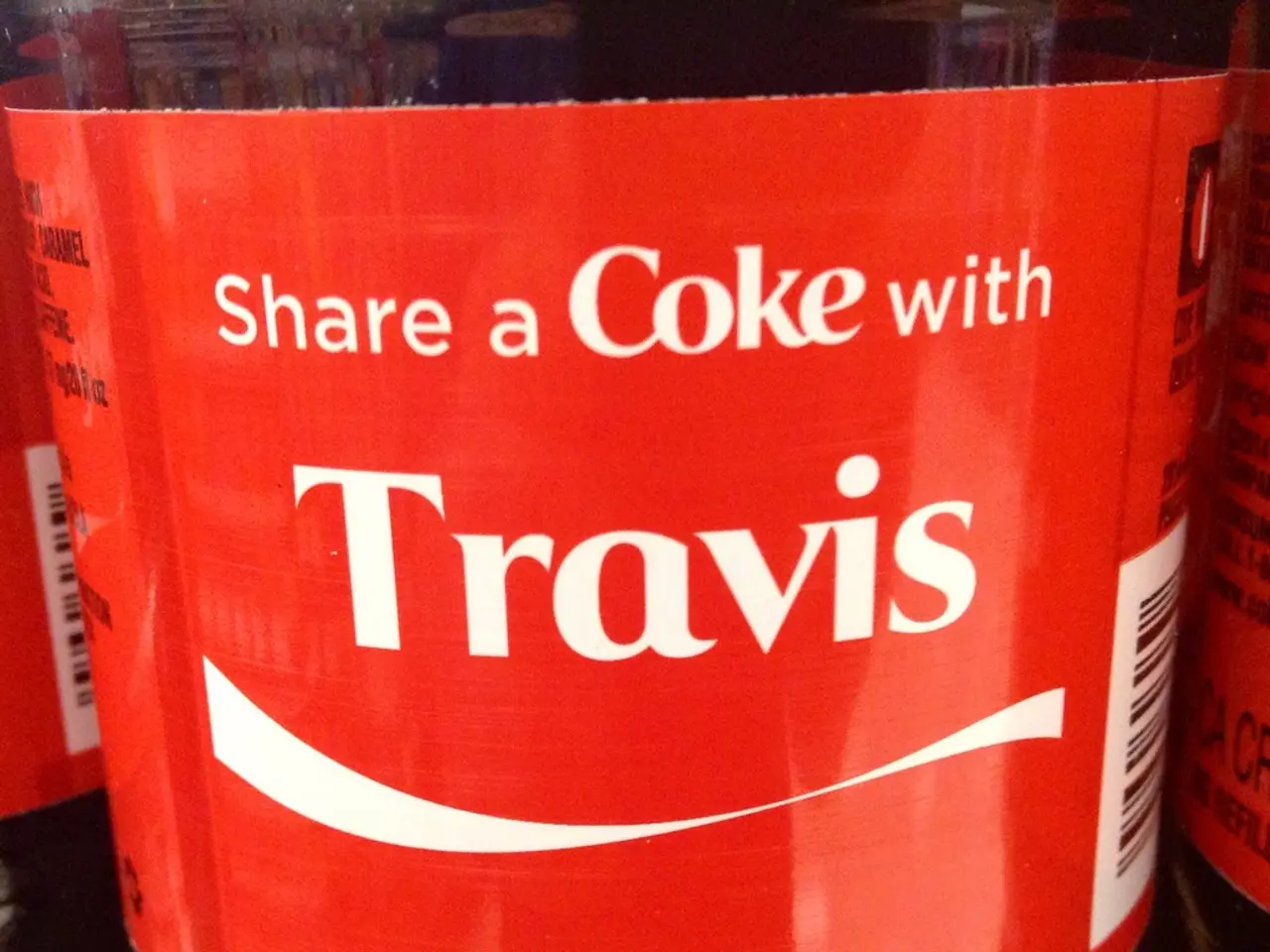AI Transforming the Workplace of the Future
In the rapidly evolving business landscape, Artificial Intelligence (AI) is making a significant impact, revolutionizing operations, human resources, and critical functions.
**Streamlining Business Operations**
AI is enhancing efficiency by managing repetitive tasks, identifying market opportunities, and streamlining administrative workflows. This allows employees to focus on strategic tasks, leading to faster, more informed decision-making. AI-powered analytics platforms process vast datasets, uncover hidden patterns, and provide real-time insights, improving operational optimization [1][3].
In customer service, AI-driven virtual assistants and chatbots handle inquiries, returns, and scheduling across multiple channels, reducing response times, lowering costs, and ensuring consistent service quality [1]. As AI becomes central to operations, traditional advantages like operational scale and large teams diminish in importance, while trust, brand, high-quality data, and AI-fluent talent emerge as key differentiators [4].
**Transforming Human Resources**
AI is streamlining HR processes such as recruitment, onboarding, policy management, and employee sentiment analysis, freeing HR professionals to focus on interpersonal and strategic aspects of their roles [2]. AI tools help customize and improve the employee experience by providing insights into engagement, performance, and development needs.
However, the adoption of AI in HR brings risks around bias, data privacy, and the loss of the “human touch.” Clear guidelines, regular audits, and compliance partnerships are essential to mitigate these risks [2].
**Preparing for an AI-Driven Future**
To thrive in this future, organizations must invest in AI talent, adopt responsible practices, foster a culture of learning, and realign their strategies around trust, data, and innovation [1][2][4]. This includes setting ethical guidelines for AI deployment, regularly auditing AI tools for bias and unintended consequences, and ensuring compliance with data privacy regulations.
Investing in employee upskilling empowers the workforce for collaboration with AI. Tesla, for example, implements AI and advanced workplace automation for car manufacturing and production efficiency [5]. Personalized learning paths are changing the way AI platforms shape employee training, using AI to recommend courses based on the employee’s career path and skills gap [6].
**The Role of AI in the Workplace**
AI-based resources, like AI-based homework assistants, can simplify complex tasks and support AI technology implementation. AI-powered warehouse systems optimize logistics and supply chain management. AI chatbots can improve communication, deliver ongoing feedback, and predict when employees might be dissatisfied, helping HR teams to act proactively to raise job satisfaction [7].
AI works as an assistant to human capabilities, not replacing entire jobs. RPA (Robotic Process Automation) software has become popular in workplace automation. Spotify, for instance, uses AI to analyze user habits and recommend personalized music recommendations [8].
**Conclusion**
AI is transforming business operations by driving efficiency, enabling smarter decisions, and reshaping customer interactions. In HR, it automates routine tasks and enriches employee relations, provided ethical and privacy concerns are addressed. To thrive in this future, organizations must invest in AI talent, adopt responsible practices, foster a culture of learning, and realign their strategies around trust, data, and innovation [1][2][4]. Transparency and removal of algorithmic bias are important in building ethical AI. Artificial Intelligence is redefining industries globally, expanding new efficiencies and altering the method businesses operate.
- The integration of Artificial Intelligence (AI) in business operations not only manages repetitive tasks but also identifies market opportunities, thus allowing employees to focus on strategic decision-making.
- AI is revolutionizing human resources by streamlining recruitment, onboarding, policy management, and employee sentiment analysis, freeing HR professionals to focus on interpersonal and strategic aspects of their roles.
- To thrive in an AI-driven future, organizations should invest in AI talent, adopt responsible practices, foster a culture of learning, and realign their strategies around trust, data, and innovation.
- AI is transforming the workplace by providing assistance for complex tasks, optimizing logistics and supply chain management, and improving communication through AI chatbots.
- In the realm of career development, AI platforms are recommending personalized courses based on an employee’s career path and skills gap, empowering workforce collaboration with AI.




